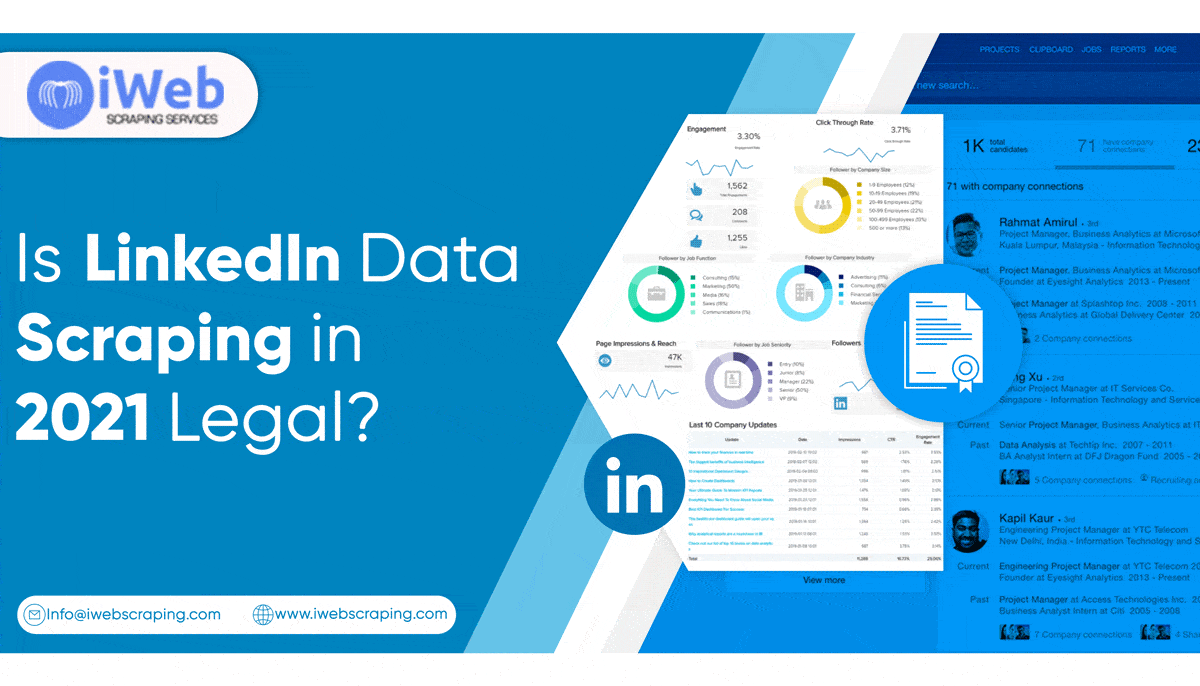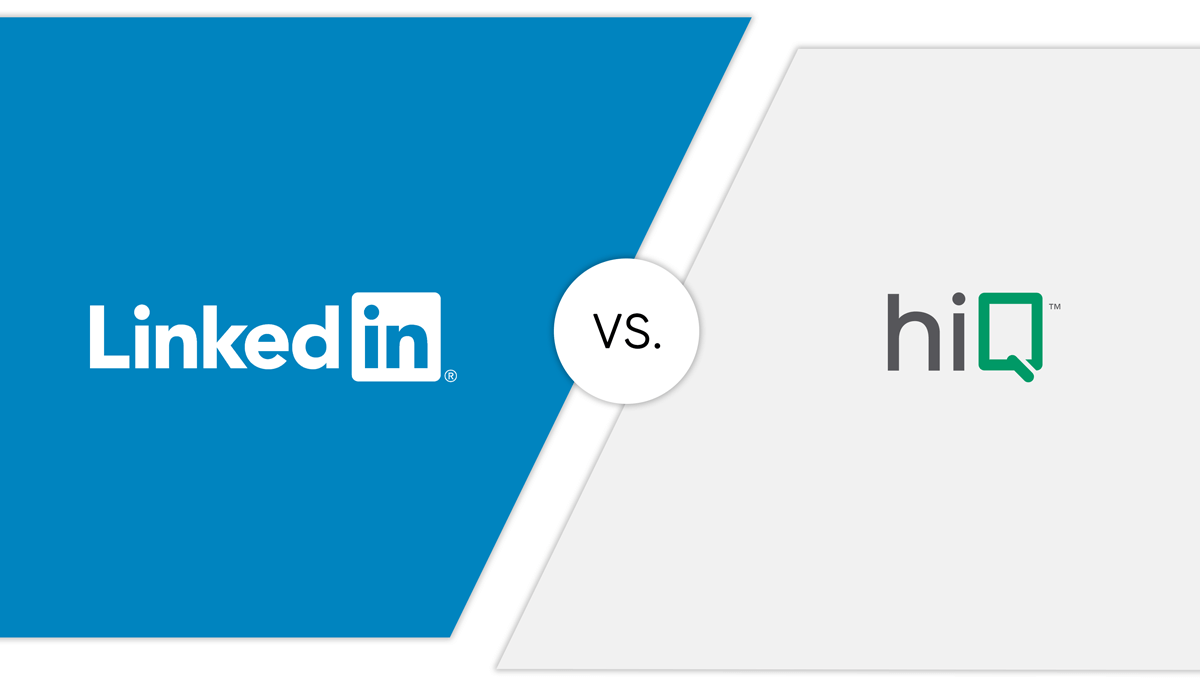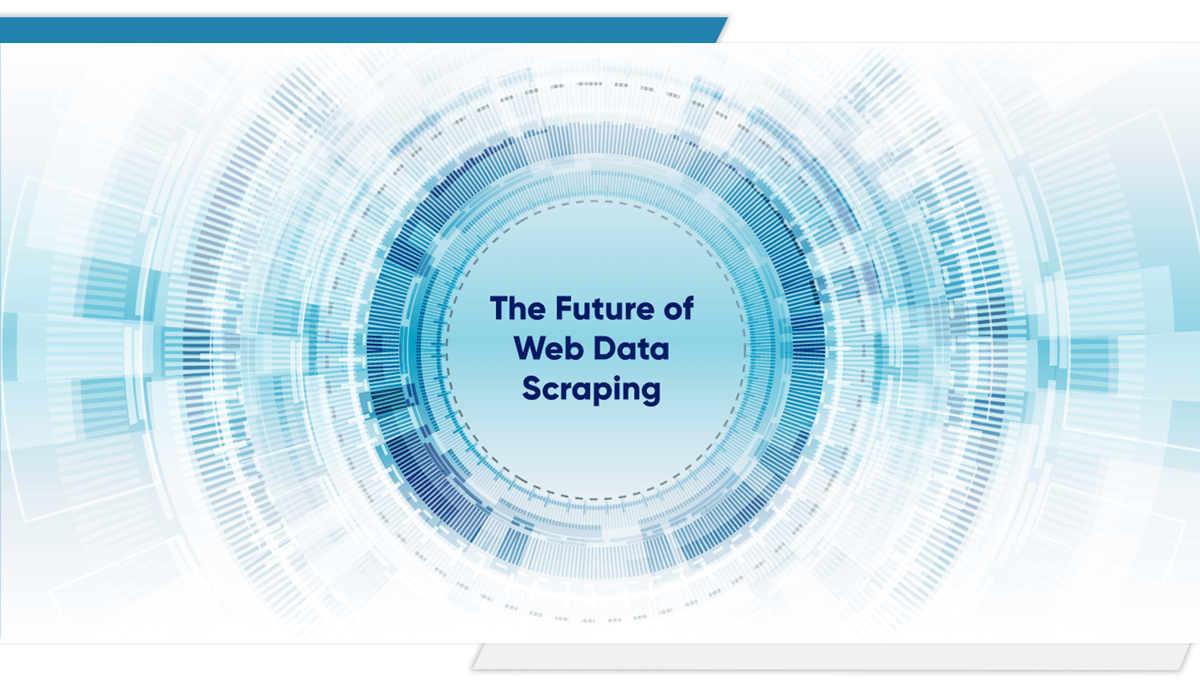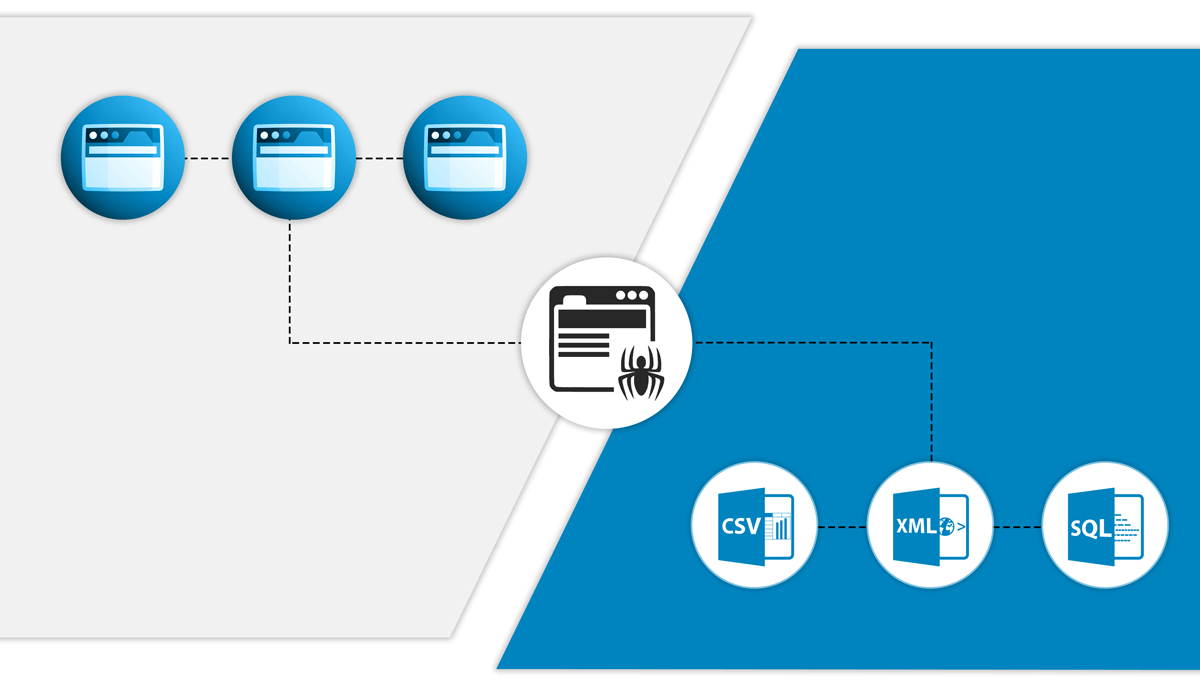Is LinkedIn Data Scraping in 2021 Legal?

Scraping data from particular platforms for subsequent processing and transformation into valuable outputs is known as web scraping.
Web Scraping Lawsuit: LinkedIn vs. HiQ

LinkedIn issued a cease-and-desist letter to hiQ, a web scraping company, in May 2017, alleging that hiQ had violated LinkedIn's User Agreement. The letter ordered that hiQ cease accessing and copying data from LinkedIn's servers, claiming that any future access would violate state and federal law, including the Computer Fraud and Abuse Act ("CFAA") and the Digital Millennium Copyright Act ("DMCA") ("DMCA").
In reply, hiQ requested that LinkedIn acknowledge hiQ's right to view public LinkedIn pages, as well as a declaratory judgment, or a court order stating that LinkedIn could not use the CFAA or DMCA against it, among other laws. HiQ also sought a temporary restraining order against LinkedIn, requesting that the company not act on its cease-and-desist letter. The preliminary injunction was granted by the district court, directing LinkedIn to withdraw the letter, eliminate technical impediments to hiQ's access to the public profiles, and refrain from taking any legal or technical steps to limit hiQ's access to public profiles until the case is resolved.
LinkedIn filed an appeal with the US Court of Appeals for the Ninth Circuit. The preliminary injunction issued by the district court was upheld by the 9th Circuit in 2019. LinkedIn has since appealed the ruling to the United States Supreme Court (SCOTUS), but it is uncertain if the court will consider the case. The 9th Circuit's decision, however, remains valid law until SCOTUS issues a verdict.
August Update
In June 2021, the ongoing legal struggle between LinkedIn and HiQ took an intriguing turn when the Supreme Court of the United States (SCOTUS) granted LinkedIn's appeals, compelling the 9th Circuit Court of Appeal to reconsider its previous ruling. This recent approach was inspired by the Supreme Court's ruling in Van Buren v. the United States, which dealt with a similar issue regarding the applicability of the Computer Fraud and Abuse Act.
While industry observers anxiously anticipate the lower court's judgment, which is unlikely to come soon, what is obvious is that online scraping is still lawful in this new info age, empowering individuals and organizations to gather information and generate leads on their terms.
A Golden Pass
While some have praised the 9th Circuit judgment as a "golden ticket" allowing all forms of online scraping, the situation is significantly more complicated. In actuality, the issue's scope is extremely limited, centered on the concept of "without authorization." The question before the Supreme Court, in hiQ's own words, is:
Whether a professional networking website may rely on the Computer Fraud and Abuse Act’s prohibition on “intentionally access[ing] a computer without authorization” to prevent a competitor from accessing information that the website’s users have shared on their public profiles and that is available for viewing by anyone with a web browser.
Because the question before SCOTUS is so narrow, the court will only have to decide on this one point, rather than considering other potential difficulties originating from online scrapings, such as data privacy concerns, contractual requirements, or even infringement of other state and federal laws. Optimistically, it can be deduced that because LinkedIn chose to pursue the matter on this basis rather than through other avenues, web scrapers are less likely to be a problem. However, because online scraping is such a new phenomenon, the legislation around it is still developing, and there is little legal clarity on the subject.
The Future of Web Data Scraping

While there is still some uncertainty about the legality of web scraping, we can be certain that it is legal in and of itself. This is significant news for both individuals and businesses. With the vast amount of data available on the internet, there is a tremendous amount of information from which to get any valuable insights on its own. Thankfully, several online scrapers have been developed that can clean up the required data and remove unwanted white noise. Companies can benefit greatly by scraping popular sites such as Reddit, Twitter, LinkedIn, and especially LinkedIn, as discussed in this blog.
Use Cases of Web Scraping

For Individuals
The ordinary Person interested in learning more about web scraping will most likely be able to get by with free web scraping APIs that can only acquire limited amounts of data. Scraping food review websites like Yelp or Burpple to find the best chicken and waffles in your country, or scraping social media platforms like Reddit and Twitter to conduct the necessary analysis to decide your next stock market investment are some side projects to consider if you're interested in picking up web scraping.
For Companies
Apart from restaurant review sites and social media platforms, LinkedIn appears to be the most useful platform for B2B enterprises to scrape information from. There are a variety of paid LinkedIn data scraping services available, depending on the amount of data you require. This page contains a detailed list of the top 5 LinkedIn scraping services. This gives you a better idea of what these different organizations have to offer and allows you to pick the service that is most suited to your company's demands.
Businesses can use the data offered by scraping services for a variety of purposes:
Keeping the present database up to date
Fill up the gaps in your current database with up-to-date information.
Lead generation for business-to-business (B2B) sales
URL/email discovery on LinkedIn
Market and industry trends can be predicted using corporate data.
Human Resources
Enhances ATS and recruitment platform hiring.
Venture capitalists (investors)
Determine which companies are performing well by charting their performance.
Alumni (Universities)
Find out how their alumni are distributed depending on region, industry, or companies, and then change the data.
Working with iWeb Scraping
We do LinkedIn scraping legally at iWeb Scraping, using data that is openly and publicly available on LinkedIn. This implies that we gather the information that is open to the public. We automate this process for you and collect this information into understandable files such as excel and json, as opposed to manually scanning LinkedIn for people and company profiles. You can trust that when you utilize our services, you will receive data that is both secure and helpful to your company.
Final Words
We can confidently say that many forms of web scraping are not regarded unlawful by the courts and are permitted until the legality of web scraping is clarified. Web scraping is an important aspect of the big data revolution, allowing millions of companies around the world to improve their business strategies. With online scraping becoming increasingly common, the variety of privacy and contractual issues that come with it are becoming more complicated. This could be a stumbling hurdle for web scraping corporations as well as end-users.
You can contact iWeb Scraping, to find out more from our representatives.
